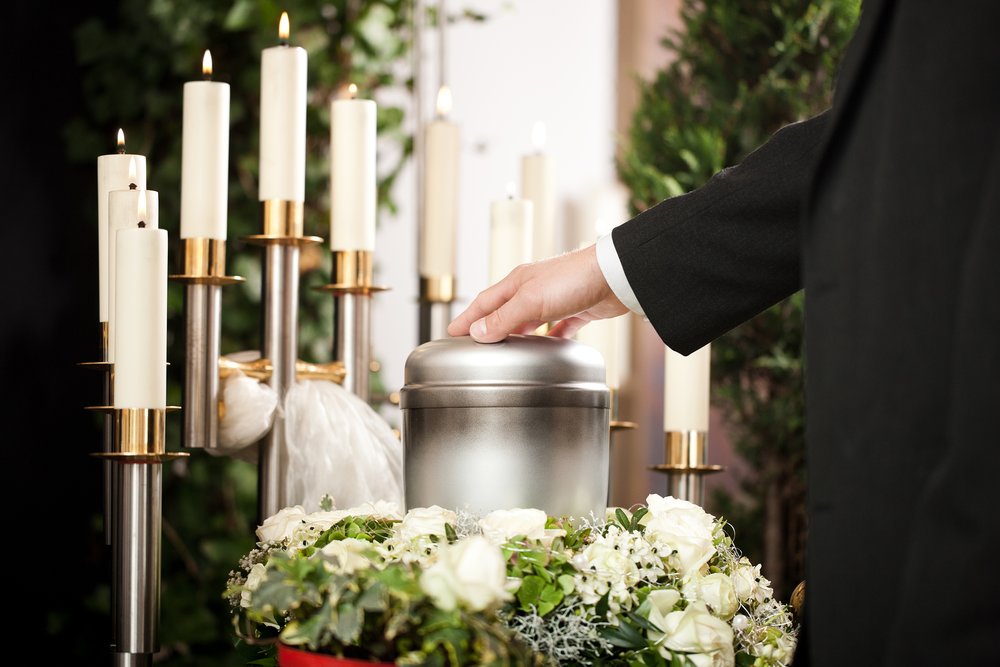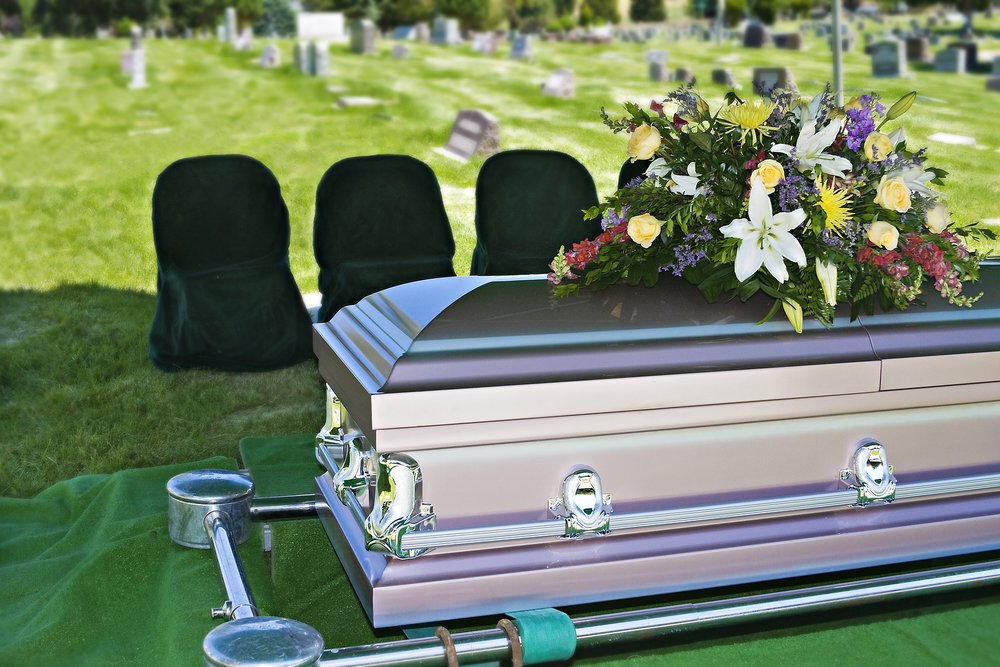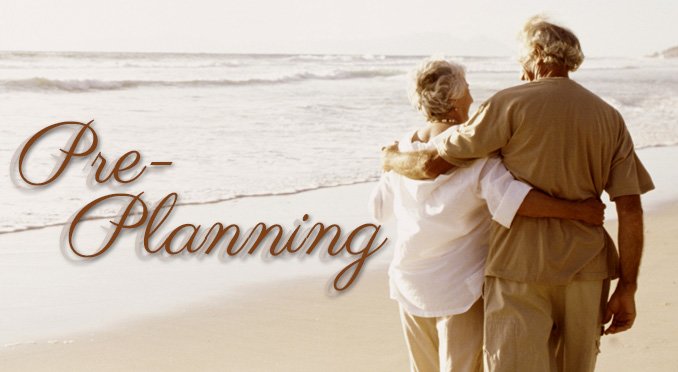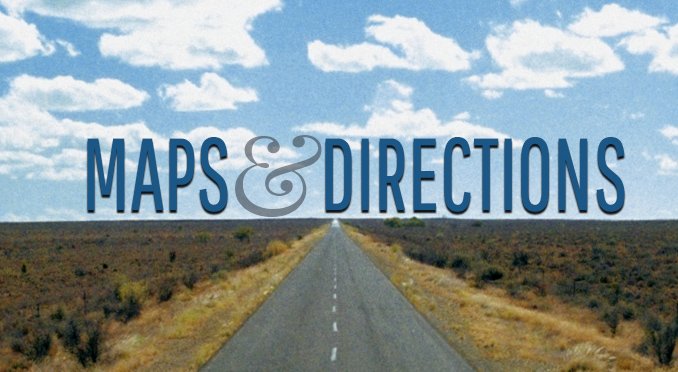Burial or Cremation - Help Making the Difficult Decision
There are many things to consider when it comes to end of life decisions. Aside from all the legal loose ends that need to be tied, you must also plan your final disposition. Many people may already have a preference for their final disposition, while others may not have thought much about it at all. For a long time, traditional burial was customary, and almost always assumed. In recent years, cremation has grown in popularity. For those having a hard time choosing between burial or cremation, consider the advantages and disadvantages of both.
Burial
Traditional burial practice involves burying your loved one underground in a casket. Burial typically follows a wake or public visitation ceremony, however, these are not necessary. The remains are embalmed for these viewings, but embalming as a practice is not required for burial without viewing. Burials have been practiced for centuries, and are the most traditional form of final disposition. In the past, entire families would live and pass away in the same area and would have family tombs or plots where they could stay together even after death.
Advantages:
As burials are the most traditional form of disposition, they are accepted and sometimes even preferred by most religions. Burial in a cemetery offers one physical location for mourners to come visit after a loved one has passed. Headstones with the loved one’s name provide a physical conduit for the grief of others. Many family members enjoy having a tangible monument to their loved ones.
For those that are more eco-conscious, natural burials are also available. These are typically more environmentally friendly, involving biodegradable materials and headstones may be replaced with living plants or trees.
Disadvantages:
Though burials are more traditional, they’re not suitable for everyone. Having one physical location for your loved one’s grave means that far-flung family members will have to travel in order to visit. Should the immediate family move and wish to relocate the grave site, the process would be complicated and costly. Burials, in general, can be a more costly option when considering the prices of the casket, cemetery plot, and maintenance. If religion doesn’t play a factor or finances are an issue, burial may not be the option for you.
Cremation
Cremation is the process of using high heat or fire to reduce the human body to bone fragment, known as cremains. For decades, the popularity of cremation has been on the rise in the United States. Fifty years ago, only 3.6% of the population were cremated. In 2012, that number had risen to 43.5% of the population, and it’s projected to go over 50% by 2018.
Cremation does not replace a funeral. Memorial services can still be held before the body is cremated if so desired.

Advantages:
Cremation is generally less expensive when compared with burial costs. Cremains can be scattered or placed in decorative urns to be kept by living family. They can even be traditionally buried, though they use significantly less plot space than caskets. Cremation doesn’t restrict the memorial site to only one physical location. Loved ones can even split up the ashes into equal portions, so everyone can have a memorial piece of their own. There also unique pieces of jewelry designed to hold cremains so your loved one can stay with you wherever you go.
Disadvantages:
Though the popularity of cremations is increasing, they are still not universally accepted by all religions. The Catholic Church had banned cremation until 1963. Cremation was historically discouraged in many other Christian denominations, but are currently widely accepted. Many eastern religions mandated cremation. Islam and Orthodox Judaism strictly forbid it while other sects of Judaism support it, though burial is preferred.
In addition, some people are reluctant to consider cremation because it leaves family members without a physical place to return to for mourning or remembrance. It can leave some with a lack of closure.
Burial or Cremation - The Choice Is Yours
There are many things to consider when it comes to burial or cremation. If you have a strong preference for your own disposition, be sure to document your choice or pre-plan your own arrangements. For those that are still unsure about burial or cremation - talk to your family, friends, religious leaders, or funeral directors in your area. Gathering information and opinions from those you love and respect can help you make a decision.
Whether you choose burial or cremation, Polhemus Cremation Services is here to assist you. We offer a variety of services designed to easily guide you through this difficult decision-making process. Whether you’re pre-planning your own arrangements or planning services for a loved one, you don’t have to do it on your own. Reach out and find out how we can help make this process easier on you.






Comments